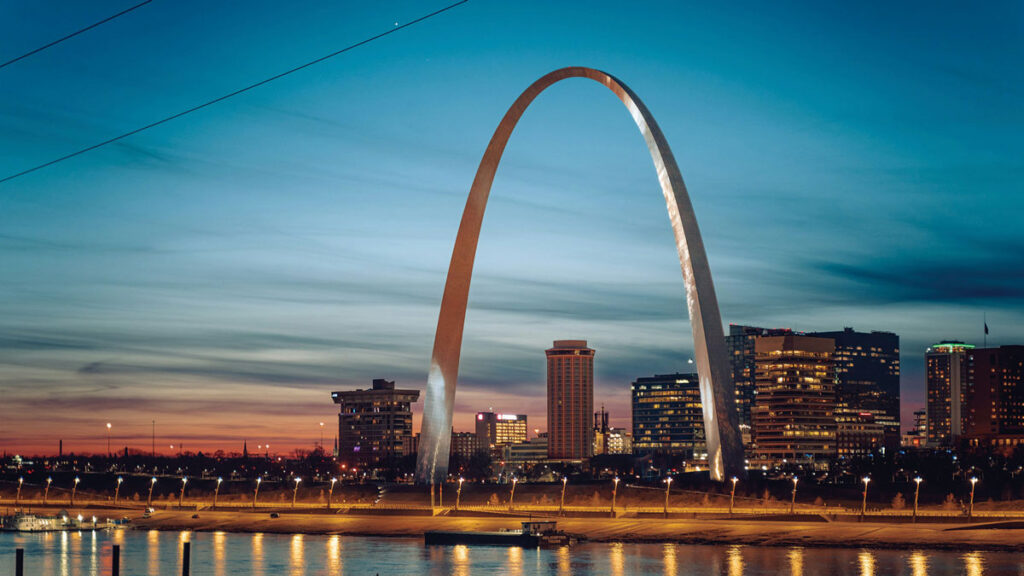Samoa is in the process of amending its Constitution to declare itself a Christian country.1 For Christians in Samoa, this amendment, which securely passed the second reading in Parliament in February and will soon be ushered into the Constitution,2 could have both positive and negative consequences. According to the Explanatory Memorandum, the object of the amendment is “to insert in the Constitution that Samoa is a Christian nation to declare the dominance of Christianity in Samoa”.3
This is an important development in an era of increasing religious intolerance and state-sponsored vilification against faith-based communities. While the constitutional amendment may be favourable to the Seventh-day Adventist Church in Samoa as a Christian denomination, there is a greater need to understand the impetus for such a development and its potential ramifications for other religions to which we are called to minister.
Samoa refers to Christianity in the preamble of its Constitution, by calling for Samoa’s Government to conduct itself “within the limits prescribed by God’s commandments” and for its societal values to be “based on Christian principles . . .” Almost all Pacific Island countries, except Fiji, have adopted some acknowledgment of “God” and “Christianity” in the preamble of their constitution.
This practice of “Christianising the constitution” has been a common feature in many post-colonial constitutions throughout “Christendom”. Some have viewed it as a buffer against the intrusion of modernity and secularism. But this act of Christianising is typically symbolic and restricted only to the preamble, which, on its own, is generally not an enforceable part of a constitution.
But Samoa intends to go further. Prime Minister Tuilaepa Sailele Malielegaoi has argued that because the preamble is not part of the Constitution, the reference to Samoa as a Christian country “does not stand in court” so it has to be “included in the body of the Constitution”.4
This implies that the declaration of Christianity should not only be symbolic but also have direct constitutional impetus, which in turn, may allow the parliament to impose restrictions on certain religions or religious practices that are not Christian.
According to Samoa’s Attorney General Lemalu Hermann Retzlaff, the amendment “will enshrine Christianity from within the body of the Constitution which effectively provides a legal definition of the State’s religion”.5 This may be problematic on two counts. First, having an official “state religion” could mean the exclusion or alienation of other religions. Second, it could amount to a form of theocracy. Ever since Britain’s Glorious Revolution in the 17th century, the separation of church and state has taken a firm foothold in almost all democracies. Samoa’s attempt may blur this distinction and affect the right to freedom of religion and equal treatment.
The right to religious freedom and non-discrimination is a cornerstone of modern democracy. In Australia, it is expressly protected in the Constitution despite the country not having a Bill of Rights.6 In the United States, President Donald Trump has faced significant setbacks from the Federal courts, which have consistently ruled that his executive orders restricting the travel of people from certain Muslim countries were unconstitutional. As recently as March, an American federal court judge held that the orders were “issued with a purpose to disfavour a particular religion, in spite of its stated, religiously neutral purpose”.7
Samoa’s Muslim community has raised similar concerns regarding the proposed amendment. They argue that it is an attempt to isolate the Islamic religion. A similar push for anti-Muslim policies is quietly present in Papua New Guinea (PNG) amidst the growing number of Muslim converts in that country. But the fear of an Islamic revolt appears to be influenced more by what is going on around the world than by any actual Islamic extremism in Samoa or PNG. Both the public and the political leaders are predominantly influenced by media outlets that often fail to provide a balanced perspective on the issue.
In its defence, Samoa’s current Constitution guarantees the right to religious freedom, including the right “to manifest and propagate” a “religion or belief in worship, teaching, practice and observance”.8 The Government has argued that this guarantee will not be affected by the amendment to declare Samoa’s state religion as Christianity. But the guarantee is not absolute. There are instances where the Government can impose restrictions on the exercise of this right and that includes on reasons of “national security, morals, or for protecting the rights and freedom of others”. These are very broad conditions. In the words of the Constitution, “nothing shall prevent the State from making any law” to impose “reasonable restrictions on the exercise of the right . . .”9
It is feared that having a constitutionally-based declaration of Christianity as the State’s religion will legitimise Christian morals and practices and that could provide the legal premises to restrict other religions whose values and beliefs may appear contrary.
This concern was evident in Tonga last year when the country banned bakeries from doing business on Sunday in honour of the Christian practice.10 Some segments of the local Adventist Church advocated for the ban because Sunday is viewed in Tonga as the Sabbath due to changes in the international dateline. However, such a move was contrary to what the Adventist Church has advocated globally for more than 100 years: that is to indiscriminately defend religious liberty and faith-based persecutions—not only when it suits us.
The current impasse in the United States with President Trump’s executive orders against certain Islamic countries adds to the growing list of countries around the world taking drastic measures to counter Muslim extremism. The increasing support in Australia for One Nation, an ultra-nationalist party with a firm anti-Muslim policy, is a closer example. [pullquote]
The fear in the Pacific may be well-founded on growing incidents of terrorism and extremism in other parts of the world. However, it is doubtful whether elements of extremism actually exist or are actively cultivated in the Pacific Islands. While it is not for me to judge the merits of government policy in the Pacific Islands and how they react to global trends, I hope that as Seventh-day Adventists we can be adequately informed of the underlying inconsistencies that underpin such contemporary debates. Our ill-informed actions may significantly undermine our gospel commission.
In Matthew 28:19 we are called “to go and make disciples of all nations” irrespective of their faith, religious background, tribe or kindred. Christ reminded us that He “came to seek and save those who are lost” (Luke 19:10) and that mission was indiscriminate. Once a self-righteous Pharisee and religious enforcer, the apostle Paul, in Romans 12:9-21, urged us to a ministry based on love, tolerance and acceptance. We are called to declare our Christian faith and Adventism through the cross, not the constitution.
We as Seventh-day Adventists must stand guard against fear-driven campaigns that only legitimise and perpetuate religious vilification, islamophobia and ultimately disunity. Instead, let us embrace the faith of Jesus and love our neighbours as we love ourselves.
Bal Kama is a PhD Law candidate at Australian National University, Canberra, with an interest in pacific affairs.






